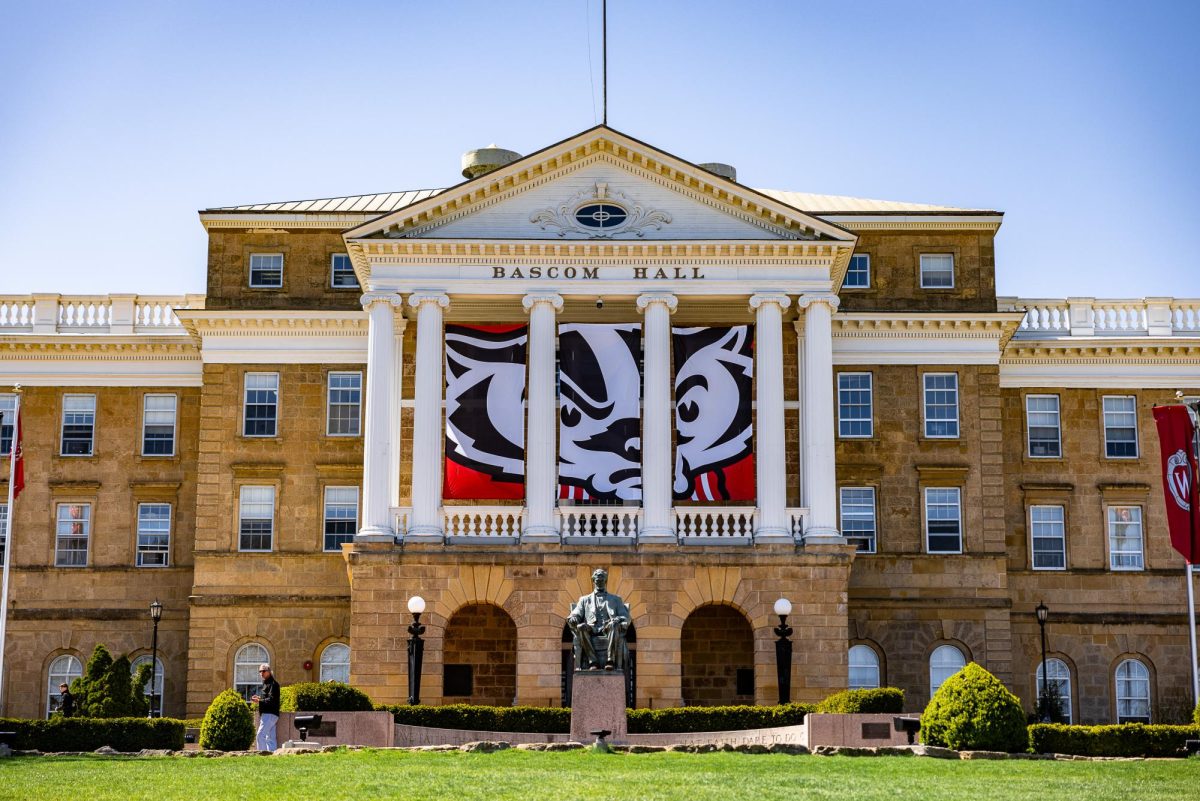The first day of expert testimonies in the ongoing five-state Asian carp lawsuit began Tuesday and will continue into Wednesday and Friday in northern Illinois.
The question of the reliability of genetic testing in detecting the presence of Asian carp was the subject of the first day of testimony. Judge Robert Dow Jr. of U.S. District Court in Chicago had inquired whether it was possible DNA found in canals could have been carried there by something else.
“Could it have been from something that ate a fish?” Dow Jr. asked at the first hearing.
The voracious and prolific Asian carp can grow up to four feet and weigh 100 pounds, and have been making their way up the Mississippi and Illinois rivers toward the Great Lakes for years, presenting a potential threat to the $7 billion per year fishing industry and preserving the ecology of the waters.
Biologist David Lodge testified Tuesday, saying he had found the most recent remnants of carp DNA near Lake Michigan. Tammy Newcomb, a biologist with the state Department of Natural Resources and Environment, submitted testimony on the alleged havoc the Asian carp can wreak upon the region’s ecosystem.
Lodge said the DNA most likely came from live carp, a sentiment echoed by the states involved in the dispute as well as other experts.
“I think it’s pretty likely that it’s coming from live fish. What the DNA does not tell us is how many fish are there,” Philip Moy said, ecology professor at the University of Wisconsin. “If we could go back and get positive DNA hits over and over and over, it might be from one or two or five fish. My sense is that the numbers are pretty low.”
Moy thinks this is because the results of traditional sampling techniques, such as netting for live fish, have so far produced only one fish in June, the only fish to be found above an electronic barrier.
Wisconsin joined the lawsuit alongside Michigan, Pennsylvania, Minnesota and Ohio filed in U.S. District Court against the U.S. Army Corps of Engineers and the Metropolitan Water Reclamation District of Greater Chicago, claiming the two groups created an environment for carp to enter the Great Lakes through the operation of locks, gates and other infrastructure.
The states are requesting the O’Brien and Chicago locks be temporarily closed and for barriers to be installed that will stop the fish.
“In the short term, we want certain locks closed, effective barriers created to prevent continued fish migration, and Asian carp killed that have already passed the Barrier System,” Attorney General J. B. Van Hollen said in a statement.
The Metropolitan Water Reclamation District of Greater Chicago has claimed any attempt to close off canals and locks would disrupt the group’s ability to prevent flooding and protect health and safety of Chicago residents. The states’ request allows for water releases to protect the public from flooding and other threats.















